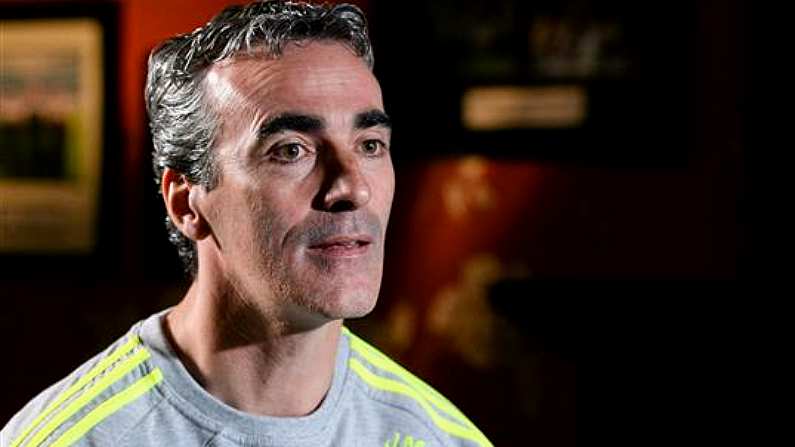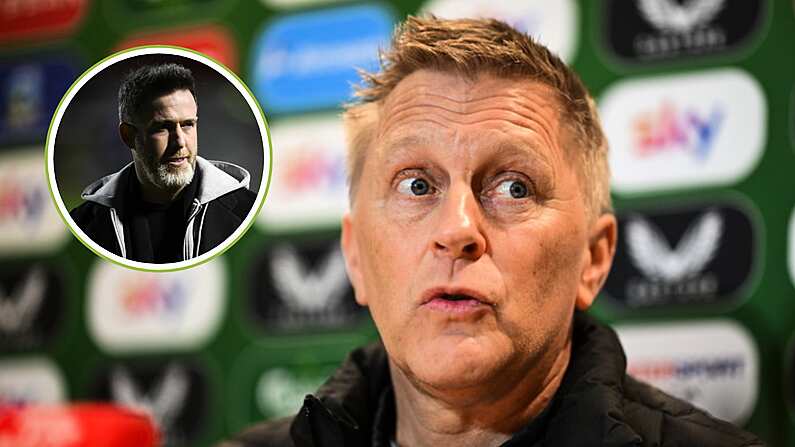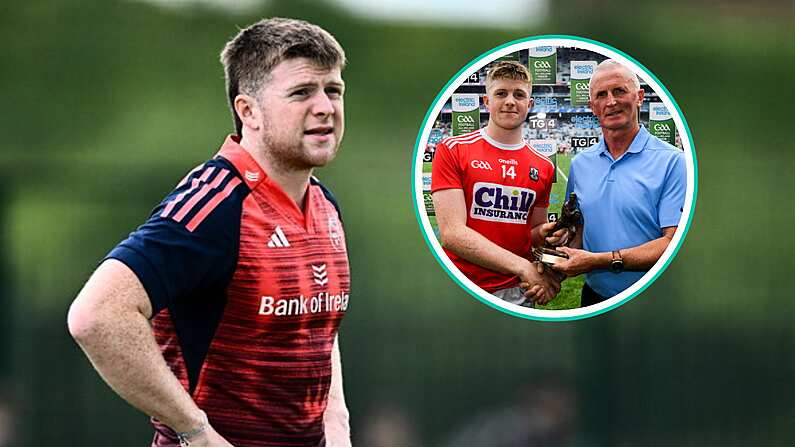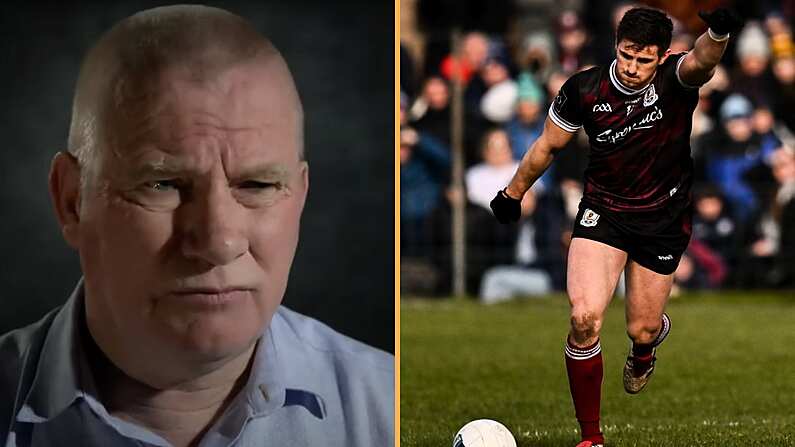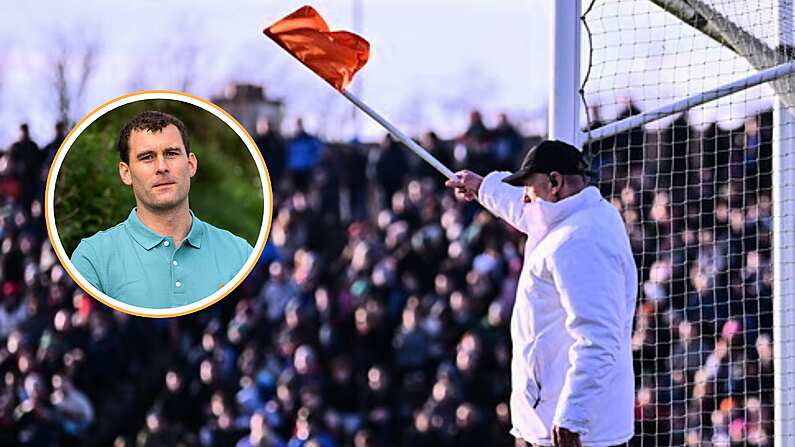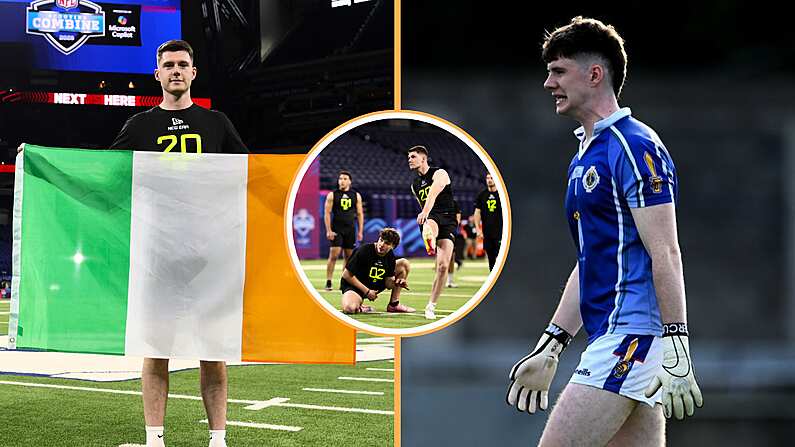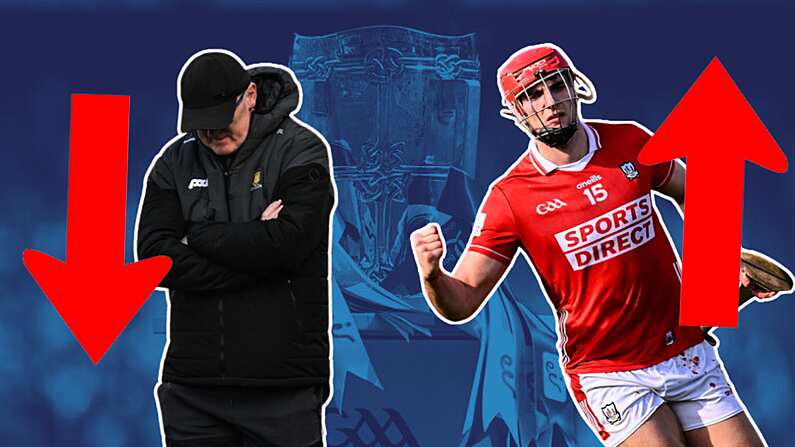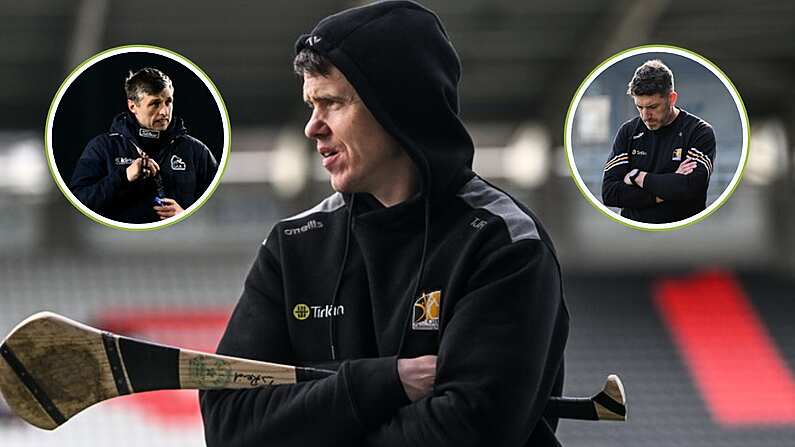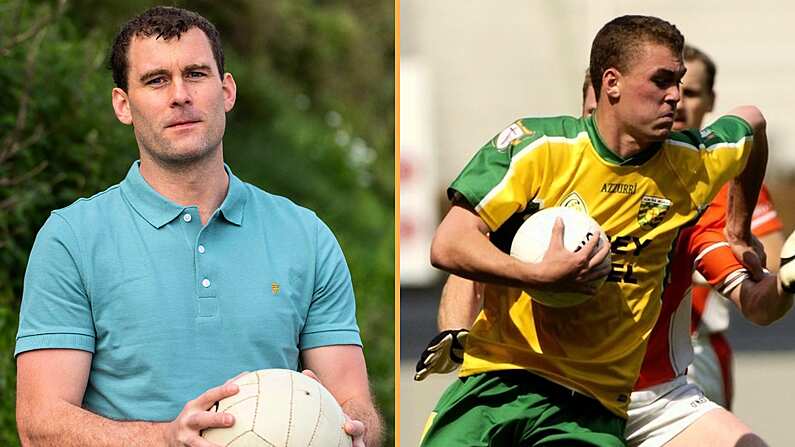In the aftermath of the desperate Connacht final between Galway and Roscommon, this website remarked that "Gaelic football is a simple game. Thirty men pass the ball side to side for 70 minutes and at the end, the hurling comes on".
The hurling did subsequently come on, and Tipperary laid bare the great folly of Waterford's defensive system, as the Deise were ultimately left clinging on for less than nothing in a Munster final.
Galway and Roscommon took Gaelic football's obsession with defending to new heights/depths last Sunday, with virtually the entire Galway team encamped in the scoring zone in front of their own goal; entombing both themselves and the Roscommon attack in their own fear of failure.
The doomsayers on the RTE panel issued their usual pessimistic prophecies on the future of Gaelic football, with Joe Brolly calling the game "footballing diazepam".
Jim McGuinness, in contrast to many other pundits, offers some constructive alternatives to the issues hurting Gaelic football. For example, a year ago, McGuinness used his Irish Times column to furnish one of the most coherent alternatives to the current Championship structures.
In today's column, McGuinness decries the obsession with defensive football on show at the Connacht final, arguing that Galway and Roscommon both abdicated their responsibilities to their own traditional style of play, ultimately playing out a cheap imitation of McGuinness' Donegal. McGuinness writes that the teams focussed on defence to the detriment of attacking, whereas his Donegal side always used their defensive formation as a springboard for attack, helped as they were by the ability to play direct ball to Michael Murphy when needs be.
Rather than just stop there, however, McGuinness raised a possible plan of action for the GAA to cure the ever-diminishing spectacle of Gaelic football. With Galway, in particular, dropping so many men behind the ball, the game descended into an orgy of handpassing, the full extent of which has been recorded by the excellent Rob Carroll:
The usual argument for this has been for the GAA to introduce a rule insisting that teams must kick the ball after a certain number of handpasses. McGuinness has an alternative, however:
The match hadn’t even finished when I felt certain that the GAA needs to introduce a rule by which at least three players from both teams must remain in the offensive end of the pitch at all times. Otherwise, we are going to have stalemate after stalemate and the game itself will go nowhere.
McGuinness did address the perceived irony of him arguing for this rule, given the success Donegal had under McGuiness' implementation of a mass defence:
I understand that people are going to say this is rich coming from me. But just because it worked for us doesn’t mean it will work for everyone else. And there are huge gaps in how the defensive system is being interpreted.
There is much more in his column besides this, which you can read on the Irish Times website.
See Also: Hurling Supporter Encapsulates The Agony Of GAA Fandom With Great Letter To The Irish Times
See Also: Mickey Harte Is Not Happy About The Lenient Sunday Game Analysis Of That Aidan O'Shea Dive

